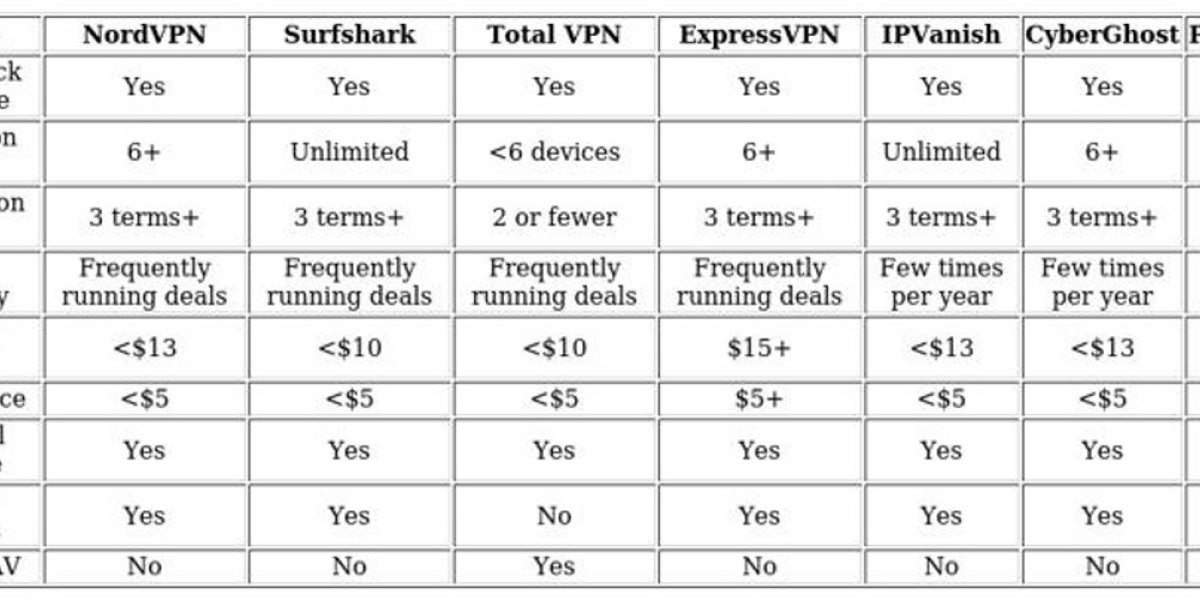In recent times, the aviation business has witnessed a significant transformation with the emergence of jet sharing companies. These firms have revolutionized the way people and businesses approach private air travel, offering an alternate to conventional possession and charter services. In case you beloved this post as well as you want to get more info with regards to private jets charter i implore you to stop by the webpage. This examine report aims to supply a detailed analysis of jet sharing companies, inspecting their enterprise fashions, market dynamics, advantages, challenges, and future prospects.

Overview of Jet Sharing Companies
Jet sharing companies, also known as fractional ownership or private jet membership services, permit individuals to purchase shares in an aircraft or access a fleet of jets on a pay-per-use foundation. This model gives the luxury of private air travel with out the monetary burden of full ownership. Notable gamers in this trade embody companies like NetJets, Flexjet, and Wheels Up, every offering distinctive providers tailor-made to different customer wants.
Business Models
Jet sharing companies sometimes operate below three main enterprise models:
- Fractional Ownership: On this model, clients buy a share of an aircraft, which entitles them to a sure variety of flight hours yearly. This approach combines the advantages of ownership with the pliability of shared costs. Homeowners are accountable for upkeep, insurance coverage, and operational expenses, that are proportionately divided amongst all shareholders.
- Jet Cards: Jet card packages permit prospects to purchase flight hours prematurely, offering entry to a fleet of jets without the responsibilities of possession. This mannequin is common amongst individuals and businesses that seek flexibility with out long-time period commitments. Prospects can choose from varied tiers primarily based on their travel wants, with choices for various aircraft types and service ranges.
- On-Demand Charter Services: Some corporations operate purely on an on-demand basis, where clients can guide flights as needed with none upfront investment. This mannequin is particularly interesting to infrequent travelers or those that require occasional private jet entry. Prospects can choose from a variety of aircraft and enjoy the convenience of tailor-made travel options.
Market Dynamics
The jet sharing market has experienced substantial development, pushed by several components:
- Elevated Demand for Private Travel: The COVID-19 pandemic accelerated a shift in direction of private travel as people sought safer and extra controlled environments. Jet sharing companies have capitalized on this trend, attracting new customers who prioritize well being and safety.
- Technological Developments: Improvements in expertise have streamlined the booking course of, making it simpler for patrons to access flights. Cell apps and on-line platforms have enhanced consumer experience, allowing for real-time availability, pricing, and seamless cost options.
- Changing Consumer Preferences: Younger generations are increasingly seeking experiences over possession. Jet sharing companies cater to this demographic by offering flexible, trouble-free journey solutions that align with their life-style preferences.
Advantages of Jet Sharing
Jet sharing companies supply a number of advantages over conventional private jet private flights ownership and charter services:
- Cost-Effectiveness: Fractional possession and jet card programs significantly reduce the monetary burden associated with proudly owning an aircraft. Clients can take pleasure in the benefits of private travel without incurring the total costs of possession, maintenance, and operational bills.
- Flexibility: Jet sharing providers present unparalleled flexibility, permitting prospects to choose from a range of aircraft and journey itineraries. This adaptability is especially valuable for companies with fluctuating travel wants.
- Entry to a various Fleet: Clients can entry quite a lot of aircraft sorts, from gentle jets for brief journeys to larger jets for long-haul flights. This diversity ensures that travelers can select the best suited aircraft for his or her particular wants.
- Time Savings: Private jets significantly scale back travel time in comparison with industrial airways, permitting clients to avoid lengthy safety traces and layovers. Jet sharing services additional enhance this benefit by providing direct access to a network of airports.
Challenges Faced by Jet Sharing Companies
Despite the quite a few benefits, jet sharing companies additionally face several challenges:
- Regulatory Hurdles: The aviation industry is heavily regulated, and jet sharing companies must navigate complex compliance requirements. This can pose challenges in terms of operational flexibility and growth.
- Market Competitors: The rise of jet sharing has led to elevated competition amongst corporations, driving down prices and forcing suppliers to differentiate their providers. Companies should continually innovate to keep up their competitive edge.
- Financial Sensitivity: The demand for private air travel is commonly correlated with financial circumstances. During economic downturns, businesses and people might lower again on discretionary spending, impacting the jet sharing market.
- Environmental Concerns: As sustainability becomes a precedence for shoppers, jet sharing companies face strain to address their environmental influence. Implementing eco-pleasant practices and exploring different fuels are essential for attracting environmentally acutely aware travelers.
Future Prospects
The future of jet sharing companies seems promising, with several tendencies shaping the trade:
- Sustainability Initiatives: Corporations are increasingly specializing in sustainability, exploring carbon offset applications and investing in additional gasoline-environment friendly aircraft. This shift will likely grow to be a key differentiator in attracting clients.
- Know-how Integration: Continued advancements in expertise will enhance customer expertise and operational efficiency. Improvements such as synthetic intelligence and knowledge analytics can improve flight scheduling, pricing strategies, and customer support.
- Growth of Companies: Jet sharing companies might diversify their offerings to incorporate additional journey-related services, similar to floor transportation, concierge services, and luxury accommodations, offering a more comprehensive journey experience.
- Global Market Development: Because the demand for private air travel continues to rise globally, jet sharing companies have alternatives to broaden into rising markets. Areas with rising wealth and enterprise activity present lucrative prospects for development.
Conclusion
Jet sharing companies have reworked the panorama of private air travel, offering flexible and price-effective alternate options to traditional possession and charter providers. With the continued progress of the market driven by altering consumer preferences, technological developments, and elevated demand for private travel, these companies are well-positioned for future success. Nevertheless, they should navigate challenges related to regulation, competition, and sustainability to fully capitalize on the alternatives ahead. Because the trade evolves, jet sharing companies will play a crucial role in shaping the future of aviation.








